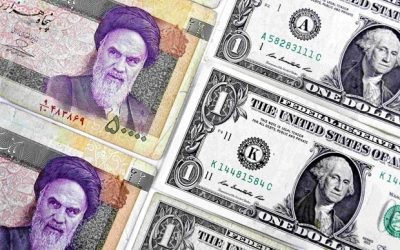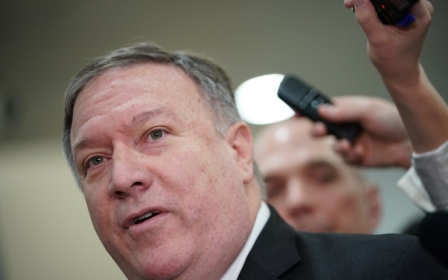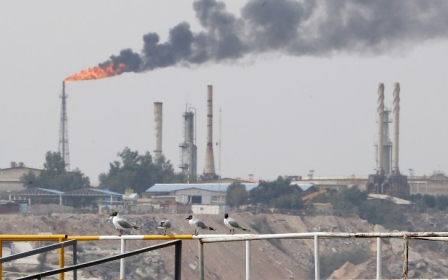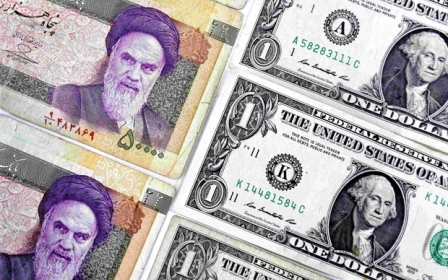Iran’s Zarif says US suspension of oil sanctions waivers may backfire, anger its allies
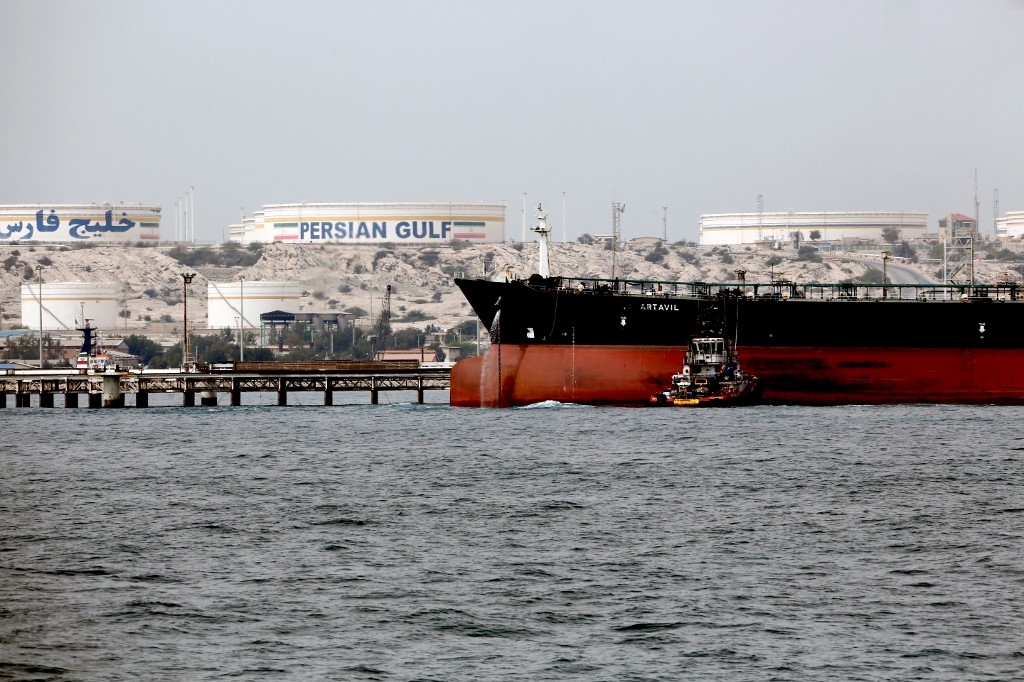
The US decision to end sanctions waivers for purchases of Iranian oil later this week may backfire by angering Washington's allies, Tehran's Foreign Minister Mohammad Javad Zarif told Fox News on Sunday.
Zarif said US policy is designed to make life hard for the Iranian people so that they will "take action" against the Tehran government, AFP reported.
"They are wrong in their analysis. They are wrong in their hope," Zarif said, insisting instead that the people of Iran will resist such pressure.
Last May, President Donald Trump withdrew Washington from the 2015 Iran nuclear deal with world powers, which had given the Islamic republic sanctions relief in exchange for curbs on its nuclear programme.
New MEE newsletter: Jerusalem Dispatch
Sign up to get the latest insights and analysis on Israel-Palestine, alongside Turkey Unpacked and other MEE newsletters
Washington reimposed oil sanctions on Iran in November, but initially gave eight countries, including several US allies, six-month reprieves.
Five of the countries - Greece, Italy, Japan, South Korea and Taiwan - have already reduced their purchases from Iran.
The others benefiting from waivers were China, India and Turkey.
The US announced last week that the waivers will end on 2 May.
"This is coercion, pure and simple," Zarif said.
"People are not happy. China is not happy, Turkey is not happy, Russia is not happy. France is not happy. US allies are not happy that this is happening and they say that they will find ways of resisting it.
"How they will do it, it's up to them, and it's up to them looking at their own future if they want to have their lives ruled by the United States."
Athens-based oil analyst Theophanis Matsopoulos was cited in Forbes as saying China may suffer big losses amid a cut-off from the Iranian oil market and higher crude prices.
“The USA is declaring trading war against major economic entities like China and EU,” Matsopoulos said. The US action “will boost the crude price even higher since approximately two million barrels will be taken off the market on a daily basis. This will accelerate inflation of the Chinese economy and will push it towards an even sharper slowdown”.
Turkey is working on a mechanism to avert US sanctions, risking another showdown with Washington as it joins a group of nations determined to keep buying oil from the Islamic Republic, Bloomberg reported on Friday.
The Turkish trade ministry and its counterpart in Iran are attempting to maintain the flow of goods between the two countries as Turkey negotiates with the US over the sanctions on Iranian oil, Turkey’s Foreign Ministry spokesman Hami Aksoy told reporters in Ankara.
Zarif also said that Washington's allies in the Middle East, including Saudi Arabia, are pushing the US towards war with Iran.
"They have all shown an interest in dragging the United States into a conflict," said Zarif.
In an interview aired minutes later, US National Security Advisor John Bolton said it was "completely ridiculous" to say that US allies in the region are pushing Trump into a conflict with Iran.
Bolton also downplayed any splits with US allies in Europe, saying that the "glimmer of disagreement that he said is mostly in his own eye".
"There have been statements by Chinese companies that have been importing Iranian oil, that they are going to stop. I met ... with the Turkish foreign minister some weeks back, I was already talking about the steps they were going to take to avoid buying Iranian oil. We will see how it plays out. We made our position clear," he said.
Middle East Eye delivers independent and unrivalled coverage and analysis of the Middle East, North Africa and beyond. To learn more about republishing this content and the associated fees, please fill out this form. More about MEE can be found here.


